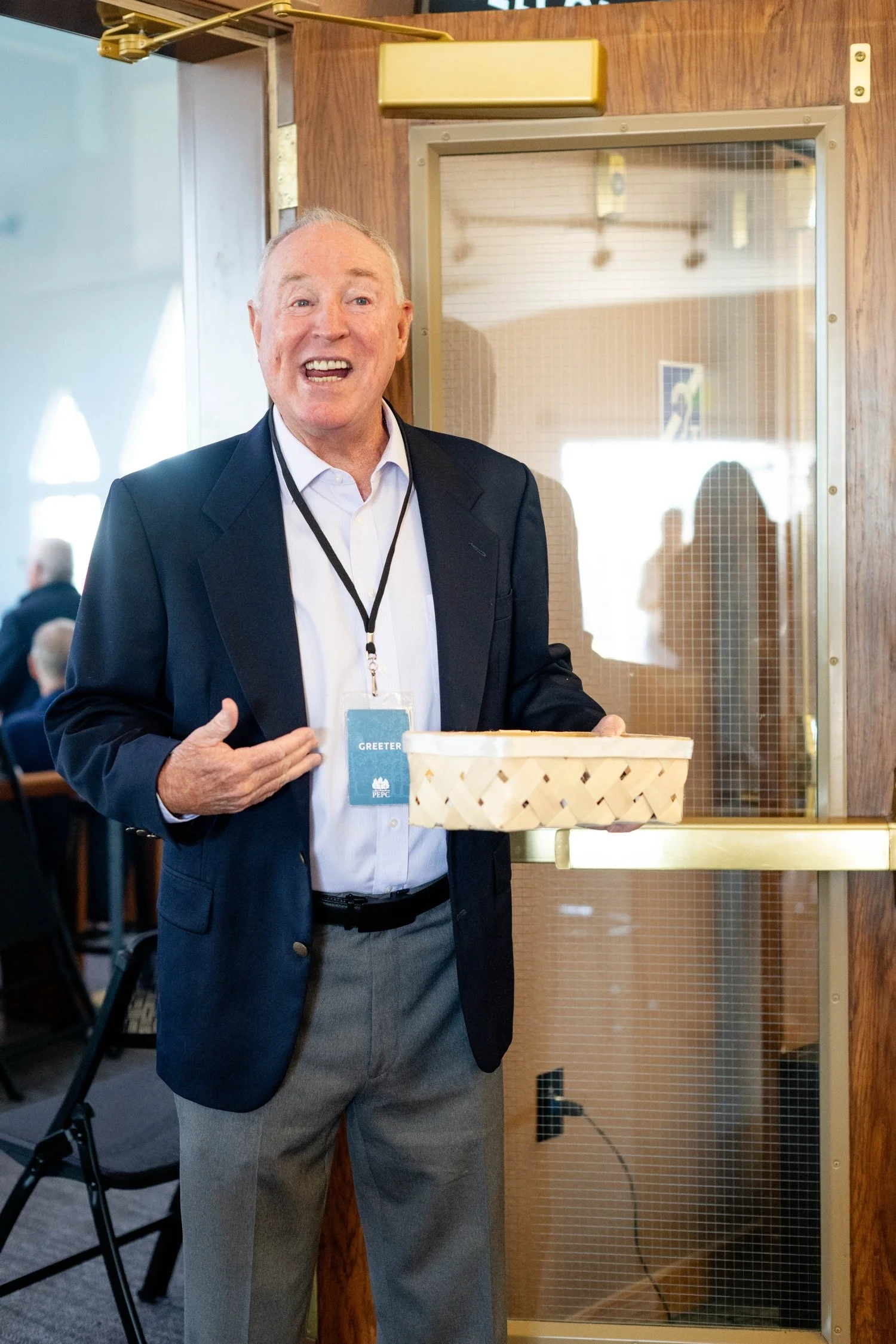Readings for today: Isaiah 56-58, 1 Thessalonians 3
One of my favorite worship experiences took place in South Chicago when I was in college. We were in La Villita or “Little Village” which is a predominantly Mexican-American enclave, working at a church there. We painted and helped restore the old building they were meeting in. We led youth group for the teenagers and afterschool programs for the younger kids. We built relationships with former gang members from the Latin Kings and Two Sixes. It was an eye-opening experience for a group of relatively wealthy white college students from Boulder, CO. The week kicked off with a worship service and it just so happened that on the particular week we had arrived, the pastor had arranged to do a pulpit swap with a black church in North Lawndale which is a predominantly African-American community a few blocks north of La Villita. The service started with the black choir processing in singing and dancing. Once they got to the front, the Latino worship band began playing praise songs in Spanish. The praise leader then offered a bi-lingual prayer on behalf of the entire community and introduced the preacher. He preached in true African-American style. “Start low. Go slow. Rise higher. Strike fire. Sit down in a storm!” Brilliant in oration. Passionate in delivery. Deep in biblical/theological reflection. It was awesome. So awesome, in fact, that about midway through his sermon, the interpreter sat down. He was no longer needed. It was clear to him and to everyone else in the room that even though the preacher was speaking English, everyone was hearing him in their own heart language. It was like Pentecost. The Holy Spirit became the interpreter. My mouth was hanging wide open. It was a taste of heaven.
I thought back to that experience when I read these words from Isaiah today, “And the foreigners who join themselves to the Lord, to minister to him, to love the name of the Lord, and to be his servants, everyone who keeps the Sabbath and does not profane it, and holds fast my covenant— these I will bring to my holy mountain, and make them joyful in my house of prayer; their burnt offerings and their sacrifices will be accepted on my altar; for my house shall be called a house of prayer for all peoples.” The Lord God, who gathers the outcasts of Israel, declares, “I will gather yet others to him besides those already gathered.” (Isaiah 56:6-8) I am so thankful for these words because I am - by the Bible’s definition - a foreigner. A Gentile. Someone not chosen. I was born apart from God. I am not of the biological lineage of Abraham. I am not a child of the covenant. I know nothing of the significance of circumcision or the Passover or the Promised Land. The Exodus story is not my story. The Old Testament doesn’t represent my history. And yet, God has adopted me as His own child. God has grafted me into His covenant. God has made His story my story and for that I am forever grateful.
Do you ever wonder what heaven will look and feel like? What languages we’ll speak? What the worship experience will be like? Do you ever wonder about the people who will be there gathered with you around God’s throne? Isaiah gives us the answer. “God’s house will be a prayer for all peoples.” It will include Jews and Gentiles. It will include those of African, Asian, Latino, European, and Indigenous descent. Every family. Every tribe. Every clan. Every nation will be represented around God’s throne. They will speak a multitude of languages. They will come from a myriad of cultural backgrounds. They will have had a variety of life experiences. This has been God’s plan from the beginning. To gather that which has been scattered. To restore that which has been lost. To tear down every dividing wall of hostility that sets us apart.
Readings for tomorrow: Isaiah 59-61, 1 Thessalonians 4




